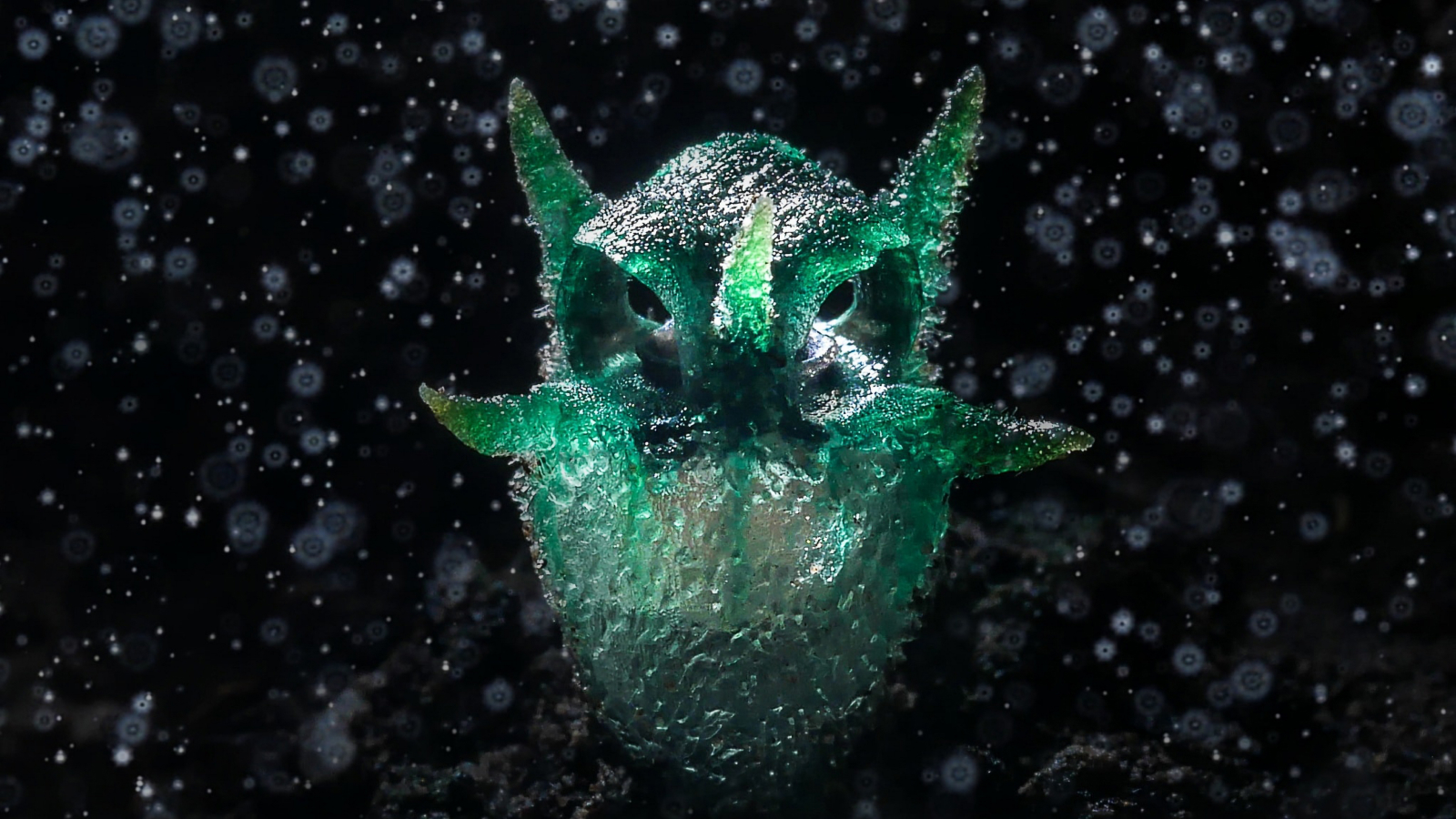Horticulturae, Vol. 9, Pages 1184: The Effect of Biostimulants on Fruit Quality of Processing Tomato Grown under Deficit Irrigation
Horticulturae doi: 10.3390/horticulturae9111184
Authors: Vasiliki Liava Christina Chaski Mikel Añibarro-Ortega Alexis Pereira José Pinela Lillian Barros Spyridon A. Petropoulos
Water shortage can be a restrictive factor for the growth and quality of vegetable crops. Considering the alleviating effects of biostimulant application against water stress, this study aimed to investigate the effect of four biostimulant products (protein and amino acids with carboxylic acids (Tr1); protein and amino acids with seaweed extracts (Tr2); humic and fulvic acids with seaweed extracts (Tr3); SiO2 (Tr4); and control (no biostimulants added)) and two irrigation systems (regulated deficit irrigation (RDI)—65% of field capacity and regular irrigation (RI)—100% of field capacity) on quality parameters of processing tomato fruit. Regulated deficit irrigation and biostimulant application increased the energetic value, carbohydrates, and free sugars content, while organic acids showed a variable response to biostimulant use. In terms of tocopherols (α-, β-, γ-, δ-) and carotenoids (lycopene and β-carotene), regular irrigation and biostimulant application negatively affected their content, while Tr3 treatment had a beneficial impact on these lipophilic compounds under RDI conditions. The main fatty acids were palmitic (C16:0) and linoleic (C18:2n6) acids, which increased when plants were treated with Tr3 and Tr1 biostimulants under a deficit regime. Antioxidant activity (assessed by TBARS and OxHLIA assays) and total phenolic and flavonoids content also showed a variable response to the studied factors. In particular, the application of Tr3 and the control treatment under RDI increased the total phenolic content, while the control and Tr3 treatments under the same irrigation regime recorded the highest antioxidant activity. In conclusion, our results indicate that the adoption of eco-friendly strategies such as regulated deficit irrigation and biostimulant application can beneficially affect the quality traits of processing tomatoes.

 6 months ago
18
6 months ago
18


